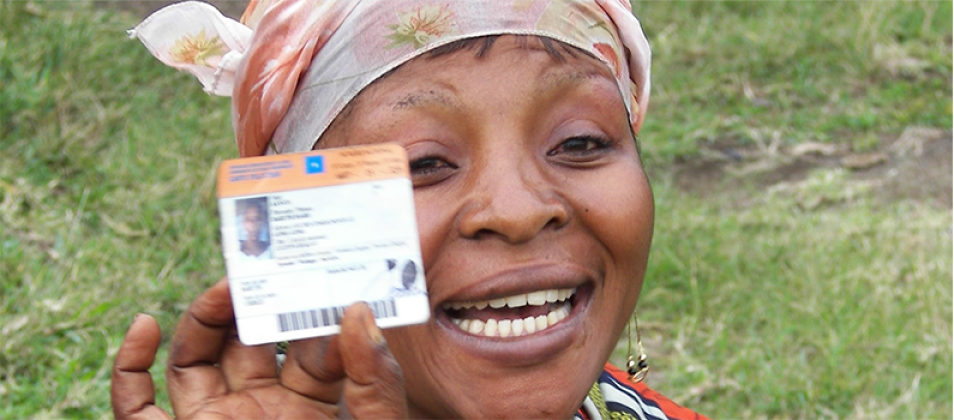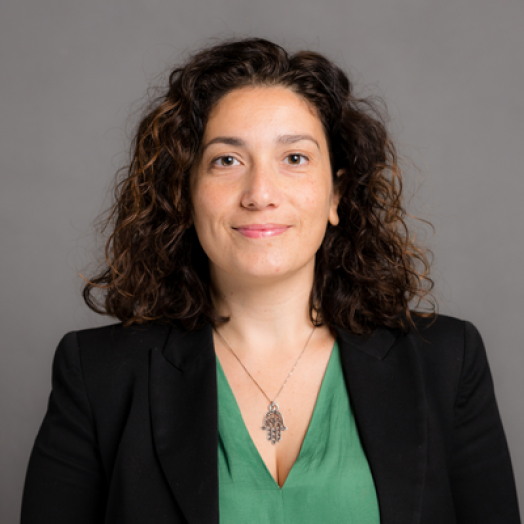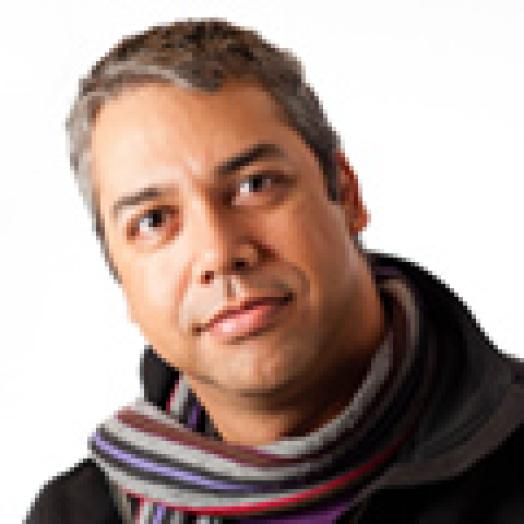
Inclusion Practices Implemented by Election Management Bodies in Africa
“By participating in the elections as a voter, a woman with a disability fulfills her civic duties. With their vote, women with disabilities have the opportunity to help a candidate with a disability to be elected as a person who has a say and can take major decisions regarding their condition. Their participation is very important because they are directly and actively involved in the political life of their country. Their vote facilitates the access of a peer to the decision-making context.” – Marceline, woman with a disability and former candidate, Democratic Republic of the Congo
An inclusive election makes the whole political process more robust and, consequently, the democracy in a country stronger. When all are able to participate, voters’ confidence in the results increases and decisions made by the elected officials are more widely accepted by the population.
Election management bodies (EMB) play an important role in ensuring the inclusion of historically underrepresented groups throughout the electoral process as voters, candidates, election officials, observers and political parties’ representatives.
A new study from the International Foundation for Electoral Systems (IFES) focuses on the different practices that EMBs have implemented on the African continent to include traditionally underrepresented voters, such as women and persons with disabilities. The study, available in French, provides several examples of tools used by EMBs in Africa, analyzing initiatives by the Nigerian, Liberian and Congolese EMBs as cases studies.
A long-time partner of election administrators around the world, IFES is dedicated to expanding the range of tools available to reinforce confidence in the electoral process and ensure equal participation of all voters.
Étude comparative sur les pratiques d’inclusion mises en œuvre par les Organise de Gestion Électorale en Afrique
Authors: Adele Ravidá, Country Director, Democratic Republic of the Congo; Aliénor Benoist, Gender and Inclusion Consultant
Published on April 22, 2021.












